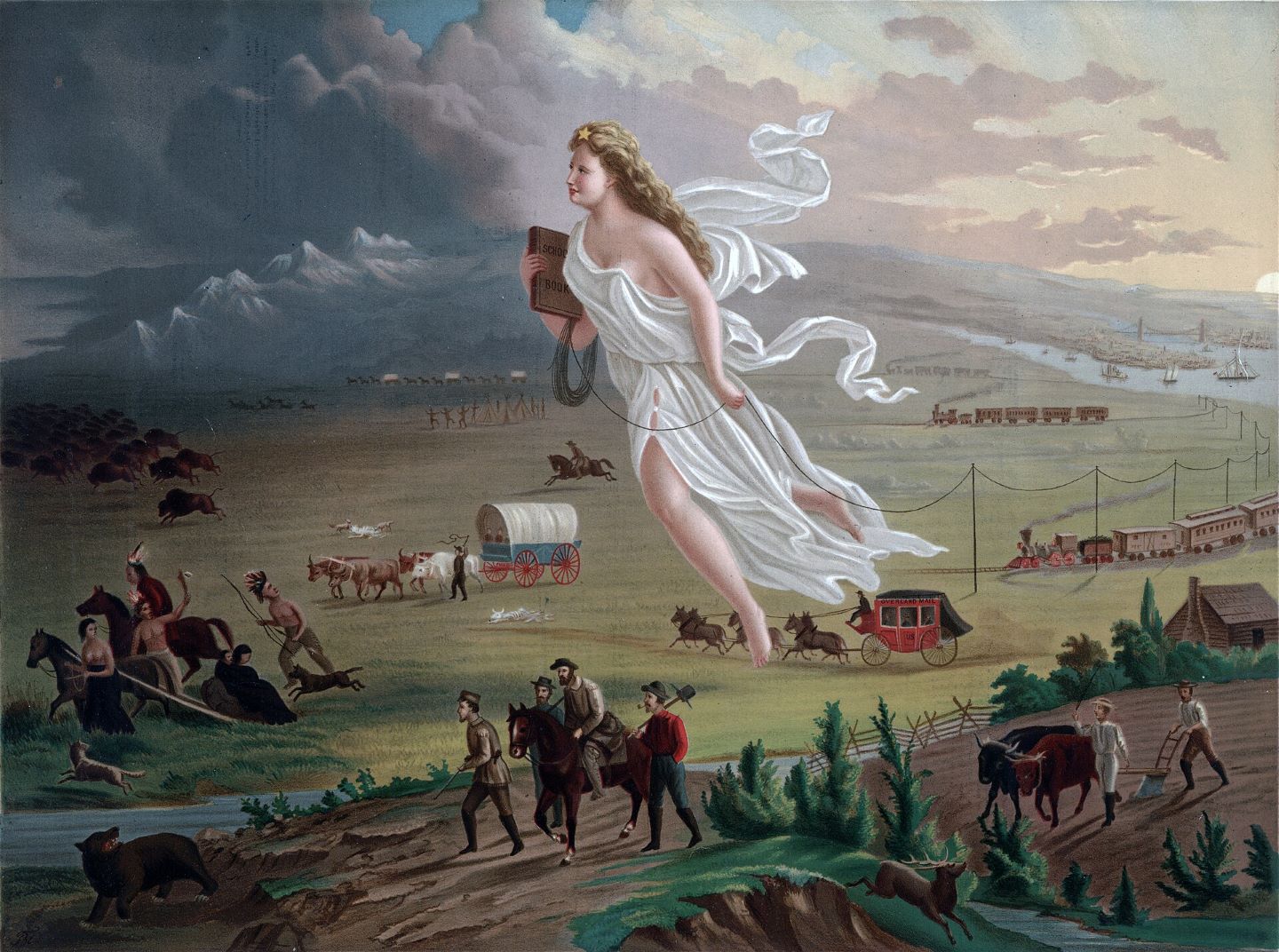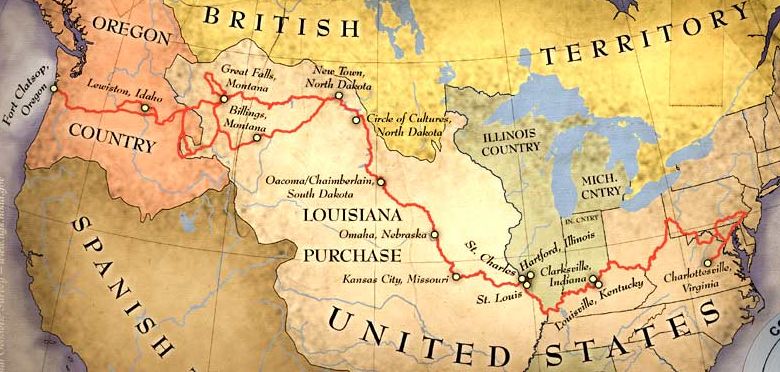
Editor’s Note: One of the leading historians of the West, Elliott West has recently published Continental Reckoning: The American West in the Age of Expansion, from which he adapted this essay.

Editor’s Note: One of the leading historians of the West, Elliott West has recently published Continental Reckoning: The American West in the Age of Expansion, from which he adapted this essay.
Most of us know the basic story of the Lewis and Clark expedition sent by President Jefferson to explore the lands acquired in the Louisiana Purchase. They crossed the continent between 1803 and 1806 in one of the great heroic accomplishments in American history.
Of course, many Native American tribes don’t quite see it as heroic. “They didn't know where they were going,” said LaDonna Brave Bull a few years ago. “They had no knowledge of the country. To us, they were like these people wandering around in the wilderness lost."

Editor’s Note: Fergus Bordewich is
About 11 p.m. on February 26, 1870, the nighttime silence was broken by wild hallooing and the pounding of horses moving fast through the drizzly mist. Their riders wore white gowns and masks and they surrounded the small frame house where Wyatt Outlaw lived with his small children and elderly mother. Twenty men burst into the house. (His family name was an old and familiar one in Alamance County.)
“They had great torches lighted,” Jemima, Wyatt’s mother, later told state officials. “First they came and threw the cover all off of me. Then they said to me, ‘Where is Wyatt’ One says, ‘Say! Say! Say!’ There were two who had swords and there were pistols. One said, ‘Cut her head off,’ and another said, ‘Blow her brains out.’
They went out of that room and as they passed one says to the other, ‘Let us set the house afire,’ and as they went around to the room and I heard the little child cry – that is the baby – ‘Oh, daddy Oh, daddy!’ I ran and opened the door, and they were all around him, all around my son. He was putting on his pants, and I run back and got a stick and laid away as hard as I could.